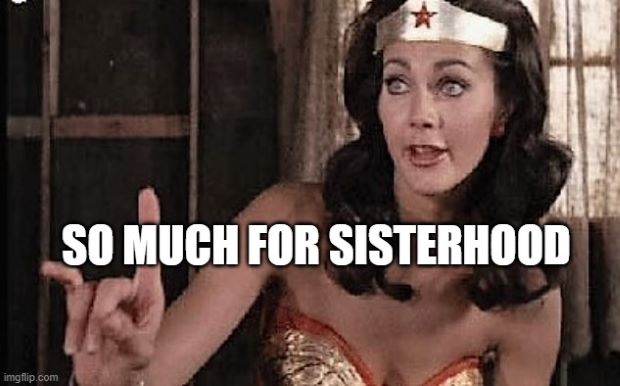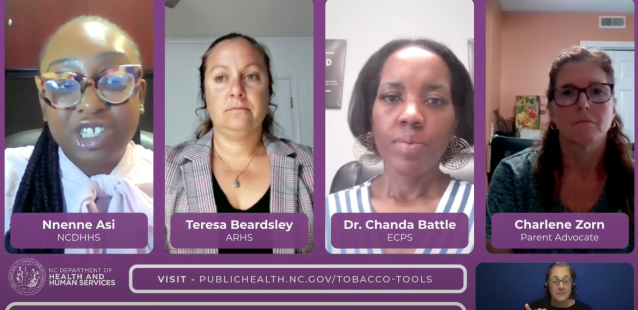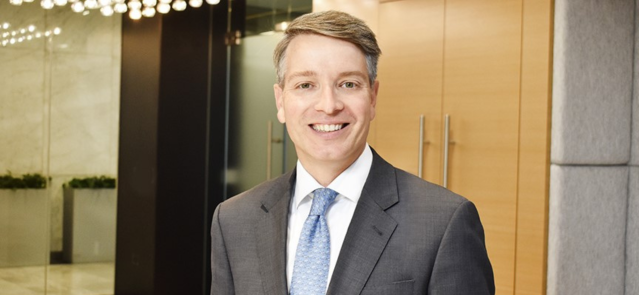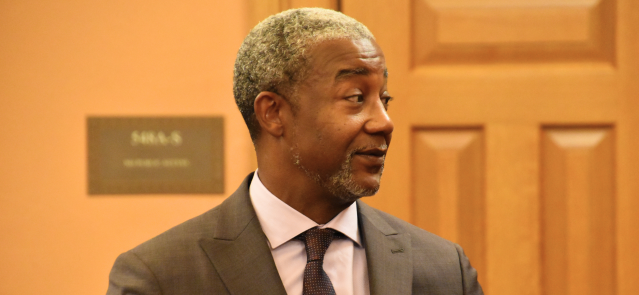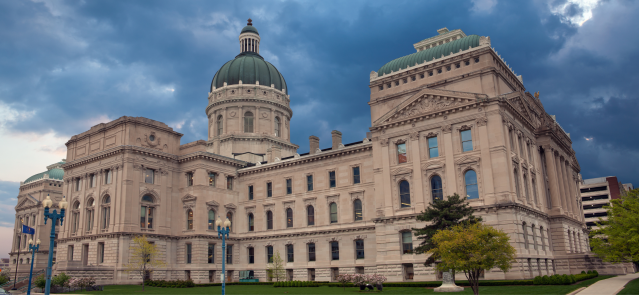Actress Lynda Carter not only won’t endorse her sister, Pamela Carter, in Legislative District 4’s House race – on Saturday she endorsed Democrats Kelli Butler and Karen Gresham. “Kelli and Karen are both strong, experienced candidates, born and raised in Arizona. They are working mothers fighting for the rights that matter most to Arizonans, especially every child’s right to a quality education,” Lynda Carter, who played Wonder Woman from 1975 to 1979, wrote in a post on X. The endorsement comes a day after Mother Jones published an article quoting Lynda Carter on not being able to endorse her sister, although Lynda Carter provided the same statement to Mother Jones on Friday. On Monday, Lynda Carter also endorsed Vice President Kamala Harris for president. The Mother Jones article details Pamela Carter’s educational background as earning a master’s degree from the Phoenix-based Primus University of Theology with a mission statement of “life begins at conception.” Pamela Carter and Gress are running for the district’s House seats. GOP consultant Chuck Coughlin said Carter’s stance on abortion may cost her a seat in the district. “There’s people that are just frustrated with politics,” said Coughlin, who also noted he lives in LD4. “It doesn’t tend to have a strong activist base of partisanship that you tend to see out in Gilbert or even south Phoenix precincts.” Both Republican and Democratic slates ran uncontested during the primary, and Gress got the most votes among any candidate with 24,366 votes. Butler got the second-most with nearly 21,000 votes, while Carter got about 19,400 votes and Gresham got 18,900. Pre-primary election campaign finance reports indicate Gress has led the candidates in campaign fundraising with over $400,000 raised before early July. Butler and Gresham have nearly matched that with a combined $381,000 during the same time period. Pamela Carter raised about $85,000.
Stay ahead of the curve as a political insider with deep policy analysis, daily briefings and policy-shaping tools.
Request a Demo